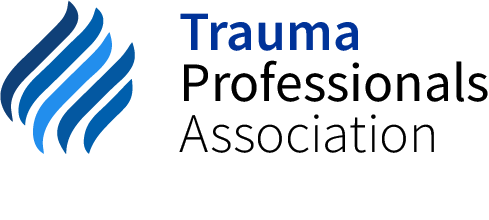As psychotraumatologists fighting against PTSD, we have carefully considered each of the FDA Advisors panel’s concerns and have found no clinical reason to delay the approval of MDMA-Assisted Psychotherapy.
Based Innovation: MDMA Assisted Psychotherapy has shown significant promise in clinical trials as a breakthrough treatment for PTSD. The potential benefits for veterans and trauma survivors are immense, offering a ray of hope in the battle against this debilitating condition. As trauma professionals, we are committed to advancing treatments that provide natural, lasting relief to patients.
Addressing the FDA Panel’s Concerns: It appears that the FDA panel expressed concerns that the data from clinical trials did not outweigh the risks for the treatment of post-traumatic stress disorder using MDMA Assisted Psychotherapy.
As psychotraumatologists fighting against PTSD, we have carefully considered each of the panel’s concerns and have found no clinical reason to delay the approval of MDMA-Assisted Psychotherapy.
We firmly advocate for the development of precise frameworks and guidelines for the psychotherapeutic facet of MDMA-Assisted Psychotherapy. These guidelines should be grounded in evidence-based trauma models and incorporate key measurable elements. We are urging training organizations to include the standard education of Trauma Theory and Mental Health Professionals with Psychotraumatology Specialization for all relevant experts involved in delivering psychedelic-assisted psychotherapy.
For clients with narrow scopes, it’s crucial to consider the Integration Phase in Psychedelic-Assisted Psychotherapy as a critical risk mitigation measure. We suggest regular weekly follow-up sessions and the use of Trauma Psychotherapies such as Somatic Therapies, EMDR, IFS, Neurofeedback, and Compassionate Inquiry. By utilizing these evidence-based trauma models instead of traditional talking therapy, we can ensure a more seamless and effective treatment for PTSD, mitigating the risks.
We acknowledge the importance of rigorous regulatory standards and are confident that MDMA Assisted Psychotherapy meets these criteria when administered in controlled, therapeutic settings by trained and certified professionals.
A Call to Action for Compassionate Care:
Our nation owes a debt of gratitude to our veterans and all those affected by trauma. It is our patriotic duty to provide them with the best possible care. MDMA-assisted psychotherapy represents a compassionate approach to treatment that honours their sacrifice and dedication. By approving this therapy, the FDA can ensure our heroes receive the innovative care they deserve. This is a call for all of us to show empathy and care for those who have served our country.
Patriotism and Progress: A profound sense of patriotism is at the heart of our appeal. Our veterans have fought for our freedom and security; now, it is our turn to fight for their mental health and well-being. Approving MDMA-assisted psychotherapy is not just a medical decision—it is a moral imperative. We must harness the power of scientific progress to heal the wounds of those who have given so much to our country. This call to action inspires us all to do our part in this noble cause.
Supporting Our Veterans: PTSD disproportionately affects veterans, and current treatment options often fall short of providing the relief they need. The potential of MDMA Assisted Psychotherapy to transform their lives is immense, offering hope where there was once despair. By endorsing this treatment, the TPA reaffirms its unwavering commitment to advocating for the best interests of our veterans and all trauma survivors. We will continue to fight for their well-being and the approval of this life-changing therapy.
Conclusion: The Trauma Professionals Association calls on the FDA to approve MDMA Assisted Psychotherapy as urgent treatment for PTSD. We believe in the promise of this therapy to change lives, restore hope, and honour the courage of those who have served our nation. Let us move forward with compassion, science, and a shared commitment to healing. The time for action is now.
More Science, Less Trauma
Trauma Professionals Association
Alleviating Suffering from Mental Illness




